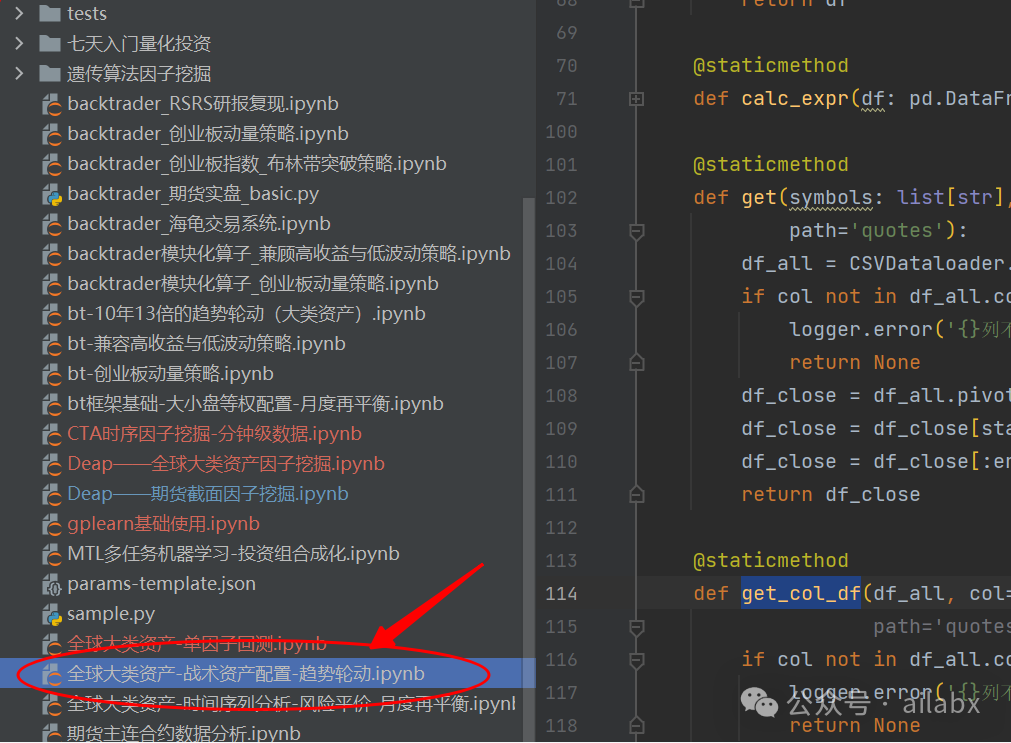本文主要是介绍Climbing stairs (70),希望对大家解决编程问题提供一定的参考价值,需要的开发者们随着小编来一起学习吧!
写了个top-down的divide and conquer程序,可惜超时了。
class Solution:def climbStairs(self, n: int) -> int:# divide and conquer?if n == 0:return 1if n <= 1:return self.climbStairs(n-1)if n >= 2:return self.climbStairs(n-1) + self.climbStairs(n-2)
写个bottom up的DP程序,还是比较清楚的。
induction的初始值,以及推导步骤。
就是到每个节点的可能有两种:1种是经过它前面的一个节点,再一跳。另一种是不经过它前面的节点,从它前两个那里,跳两个台阶。
所以ways[n] = ways[n-1]+ways[n-2]
class Solution:def climbStairs(self, n: int) -> int:# treat it as a DP problem# number of possible ways to the ith stepways = [0 for i in range(n)]if n==1: return 1if n==2: return 2ways[0] = 1 # only one choice for 1 stepways[1] = 2 # only two choices for two stepsfor i in range(2,n):ways[i] = ways[i-1] + ways[i-2] # only 2 choices, passing i-1th node or not passing it# passing the i-1th node by doing one step# not passing the i-1th node by doing two steps# so when combined, it will all the possibilities.return ways[n-1]
因为其实用不到存储那么多值,只需要两个变量就可以了。
主要是需要搞好ways_prev2, 和ways_prev初始值的顺序,不然就错了。
这就是个斐波那契数列。
class Solution:def climbStairs(self, n: int) -> int:# treat it as a DP problem# number of possible ways to the ith stepif n==1: return 1if n==2: return 2ways_prev2 = 1 # only one choice for 1 stepways_prev = 2 # only two choices for two stepsfor i in range(2,n):ways = ways_prev + ways_prev2 # only 2 choices, passing i-1th node or not passing it# passing the i-1th node by doing one step# not passing the i-1th node by doing two steps# so when combined, it will all the possibilities.ways_prev2 = ways_prevways_prev = waysreturn ways
这篇关于Climbing stairs (70)的文章就介绍到这儿,希望我们推荐的文章对编程师们有所帮助!




![[Day 70] 區塊鏈與人工智能的聯動應用:理論、技術與實踐](/front/images/it_default2.jpg)



![快递盒检测检测系统源码分享 # [一条龙教学YOLOV8标注好的数据集一键训练_70+全套改进创新点发刊_Web前端展示]](https://i-blog.csdnimg.cn/direct/6a5693b8d2104029863455b0d63c7a96.png#pic_center)